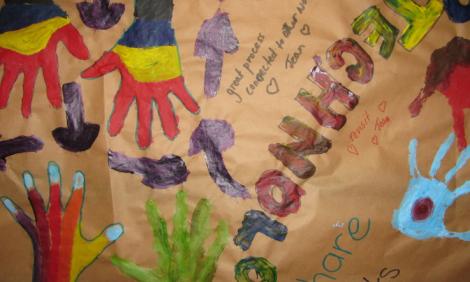
In depth
“Defending yourself means defending your community”
In the second part of the interview with c5 and anonymous, the trainers from the secure online communications workshop provide strategies for mitigating some of the dangers for women's human rights defenders. While examining the practices of policy-makers, internet intermediaries and every day users, they conclude that security means more than just awareness -- it requires behavioural change.
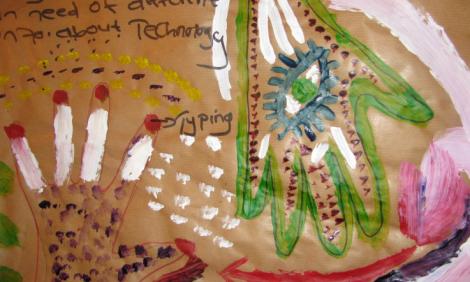
In depth
The changing face of women's rights activism: be careful what you say online
Jennifer Radloff, GenderIT.org contributor, and Running Toddler, a participant of a recently hosted workshop in secure online communications for women human rights defenders, interviewed the workshop's trainers, c5 and anonymous. In this first part of the interview, the trainers talk about their experience in training activists and human rights defenders to use technology securely, and the…
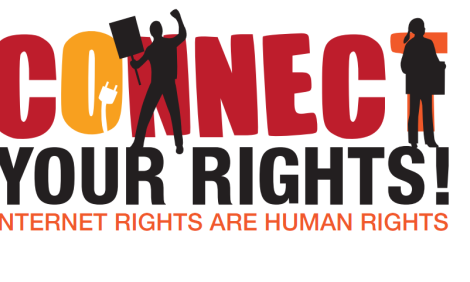
Editorial
Internet rights are women's rights!
A couple of years ago I stumbled across GenderIT.org while browsing the web for information about women's rights, human rights defenders and the internet. I was hooked, but I never thought that I would be invited to write an editorial.
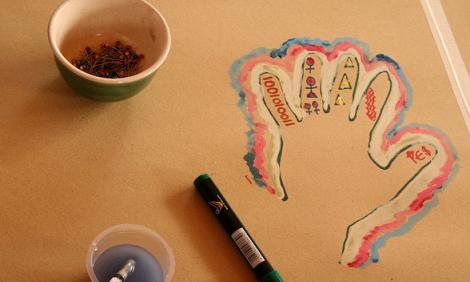
In depth
Secure communications essential to women's rights defenders
Grady speaks to women's human rights defenders from India and Philippines who use ICTs in their work. They share their views how the right to freedom of association is exercised by women through ICTs. Speaking from their own experience, they dispelled some of the common myths surrounding the internet and ICTs use.
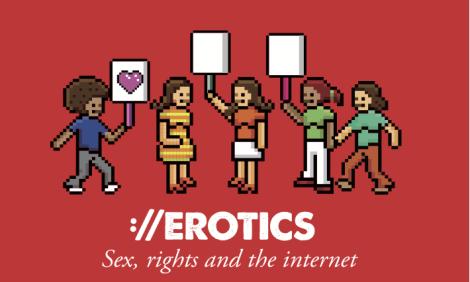
Publication
EROTICS: Sex, rights and the internet - an exploratory research study
How is the internet a key public sphere for the struggle for sexual citizenship and the exercise of sexual rights? What is its value to a diversity of users, especially those most marginalised or discriminated against because of their sexual, gender or other forms of social identity? Why do arguments for the regulation of the internet anchor on the moral imperative to regulate sexuality? Who are…
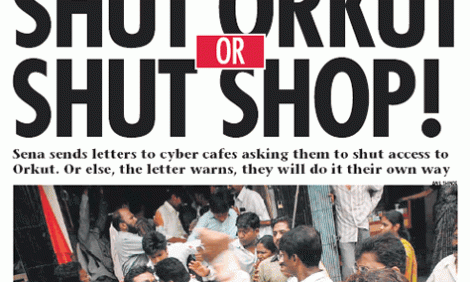
In depth
India and South Africa: The hidden story of sex on the internet
After two years the EROTICS research has revealed that sex on the internet is much more than just pornography, but instead it includes a vibrant ecosystem of individuals sharing and discovering their sexuality online. Not only that, the internet provides a space for sexual and identity rights activists to organize and advocate for change.

In depth
Lebanon and USA: Where is the line for sex on the internet?
GenderIT.org contributor Mavic Cabrera-Balleza speaks with EroTICS researchers Melissa Hope Ditmore and Kevicha Echols as well as LGBT activist Nadine Moawad about the role of the internet in our sexual lives. They talk about the effect that filtering and censorship have on sexual expression and access to information, particularly for youth and LGBT persons.
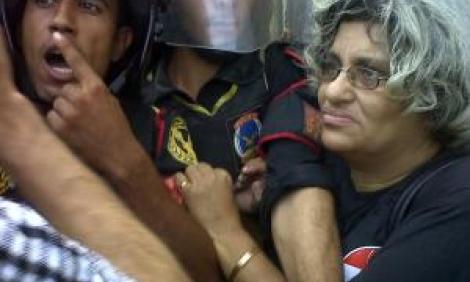
Feminist talk
APC co-organises event on the internet at the Human Rights Council’s 17th session
as part of APC’s Connect your rights! campaign, with the Swedish Ministry for Foreign Affairs at the Human Rights Council’s 17th session in Geneva on 3 June, 13:00 to 15:00, room XXV, Palais des Nations. Remote participation will be available. The panel will also focus on the specific impacts of freedom of expression and freedom of association on women’s and sexual rights.
Publication
APC Internet Rights Charter
First developed in 2001-2002 by APC members and partner organisations at Internet Rights workshops held in Europe, Asia, Latin America and Africa and updated in 2006, the APC Internet Rights Charter enshrines the rights of people and organisations to use the internet freely, particularly in their work for social, economic and environmental justice. The Charter refers specifically to the internet…
Publication
Internet rights are human rights, claims APC before the Human Rights Council
APC calls on states to repeal laws which criminalise online freedom of expression and to cease interference with freedom of expression by means which violate international human rights standards. The Statement emphasises that women’s human rights must be respected and protected and their rights to freedom of expression and association must not be restricted. The Statement is part of a set of…




